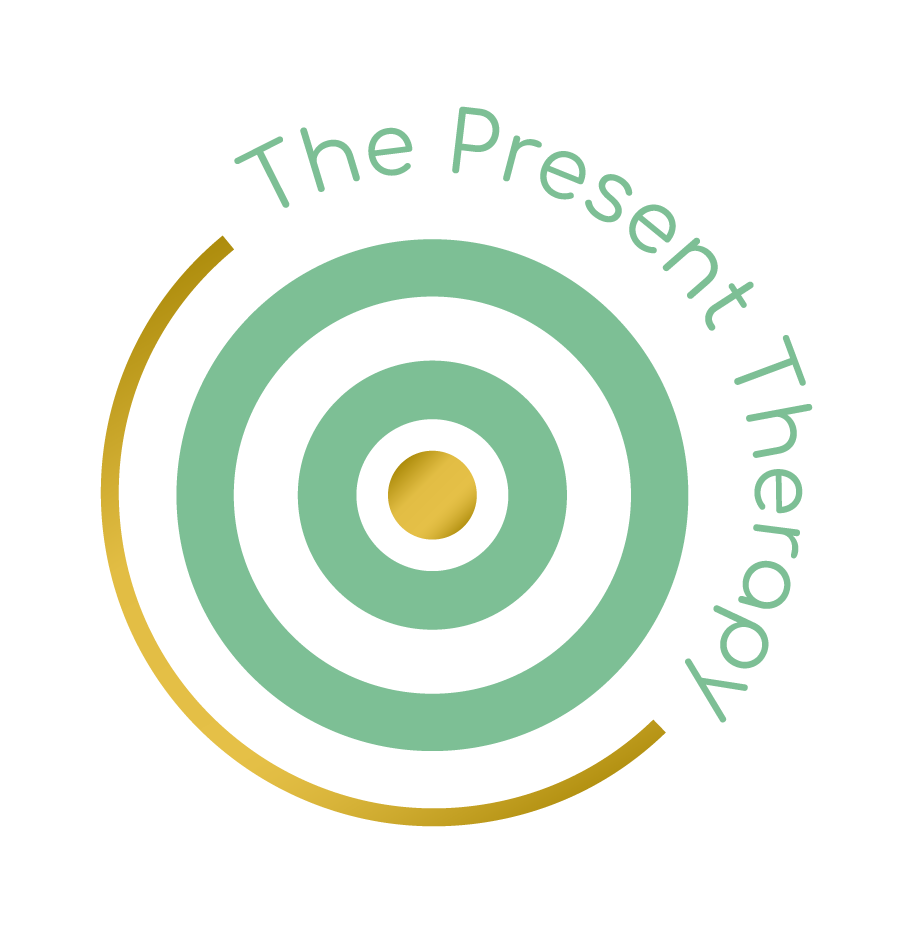Supervision in Gestalt Therapy: A Space for Growth, Not Perfection
As a Gestalt supervisor, I know how easy it is for students and qualifying practitioners to approach supervision with worry. “Did I make a mistake?” “What if my supervisor thinks I don’t know enough?”
These fears are natural, but they often miss the heart of what supervision in Gestalt therapy is truly about. Supervision is not about judgment, correction, or being told the “right” way to work. Instead, it’s a space for awareness, growth, and deepening your trust in the therapeutic process.
Supervision as a Relational Process
Gestalt therapy rests on the relational field—the lived connection between therapist and client. Supervision mirrors this same principle. It’s not a top-down evaluation but a collaborative relationship between you and your supervisor.
Together, we explore your clinical work in the here-and-now. We stay curious about your experience with clients, noticing both what happens in the session and what arises for you as you bring it into supervision. This co-created process allows you to expand awareness, strengthen your presence, and integrate new learning organically.
A Safe Space Between
Just as you create a safe and supportive space for your clients, supervision creates that space for you. It’s a place where you can bring your uncertainties, hesitations, and questions without fear of being “wrong” or “judged”.
In this space between us—held with trust and care—you are free to reflect honestly, stretch into your growth edges, and explore the challenges and joys of your practice. This sense of safety is not just comforting; it’s what makes true learning possible.
Presence, Not Mistakes
One of the core values in Gestalt is that growth comes through presence, in the space, in your body, in relationship with your client. In supervision, this means we are not looking for errors to correct. Instead, we are noticing what emerges—your responses, your patterns and senssations, the relational dynamics at play, and even the silences or unfinished moments in your sessions.
These moments of awareness often open new possibilities:
Seeing how your personal story might resonate with a client’s.
Noticing shifts in your body as you recall the session.
Becoming curious about what was left unspoken, “untouched”.
Presence and awareness of it, doesn’t label you as “wrong”—it expands your options as a therapist and strengthens your confidence in working creatively and authentically.
Why Supervision Matters for Students and Qualifying Practitioners
If you are in training or just beginning your private practice, supervision offers you a foundation of support that is both practical and deeply human. In supervision, you can:
Build confidence in your therapeutic presence.
Explore challenges without fear of criticism.
Trust the process of learning through lived experience.
Develop your own authentic voice as a Gestalt therapist.
Supervision is not about becoming a perfect therapist—it’s about becoming you as a therapist.
Closing Reflection
Supervision in Gestalt therapy is not about mistakes. It’s about awareness, presence, and relational growth. When supervision is approached as a safe, collaborative process, it becomes a space where you not only refine your clinical skills, but also deepen your trust in yourself and the healing potential of the therapeutic relationship.
Every challenge you bring is not a failure—it’s an invitation to learn and integrate into your client’s work. And of course to grow as a human being in the service to others.

